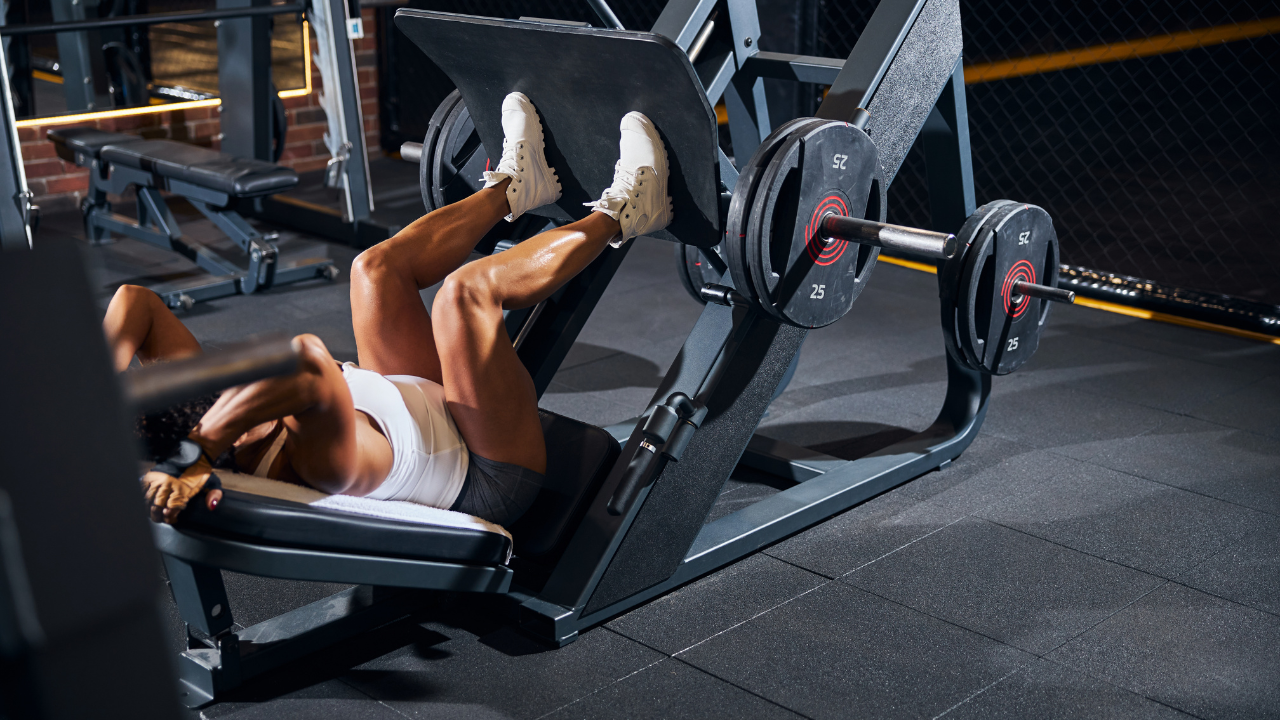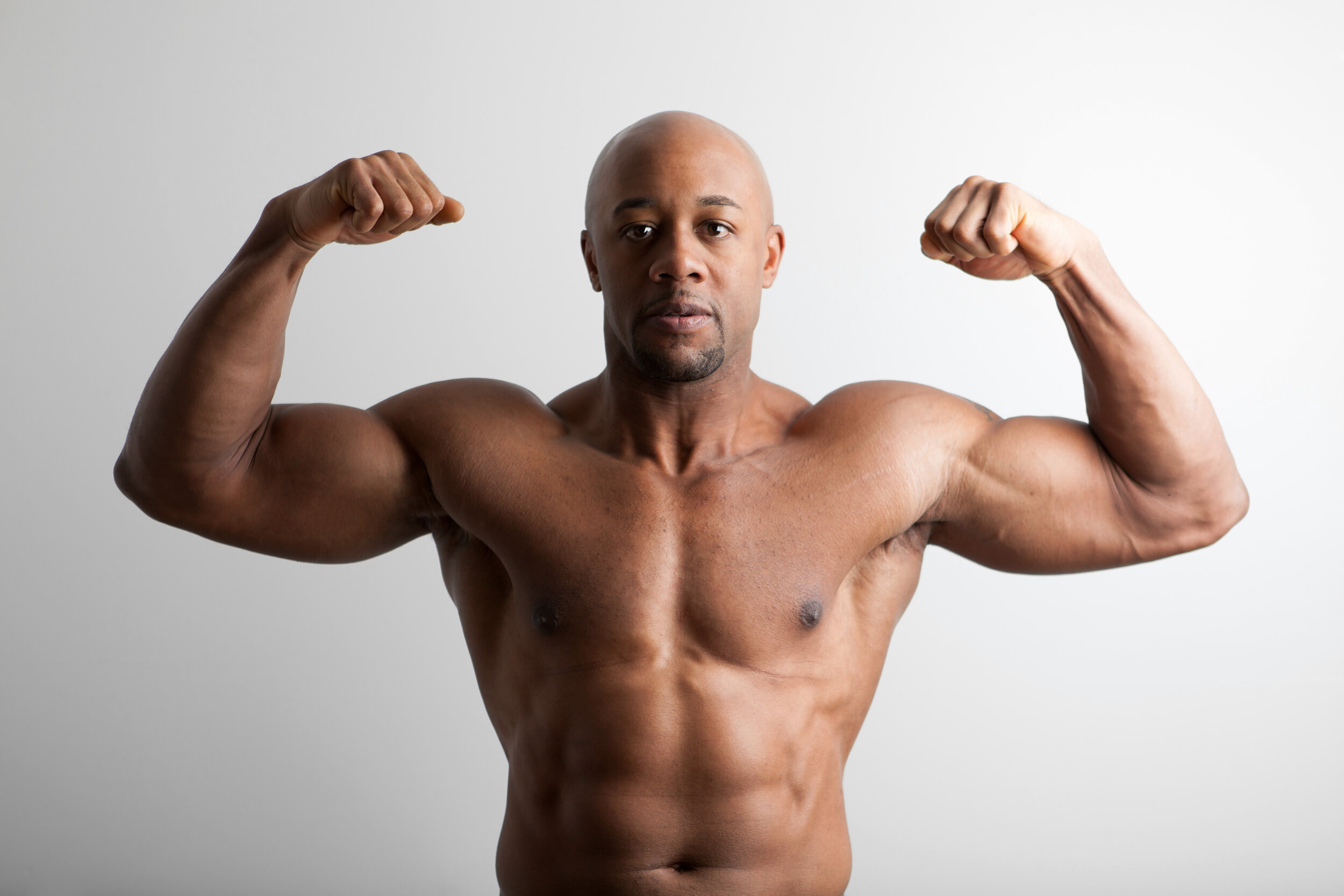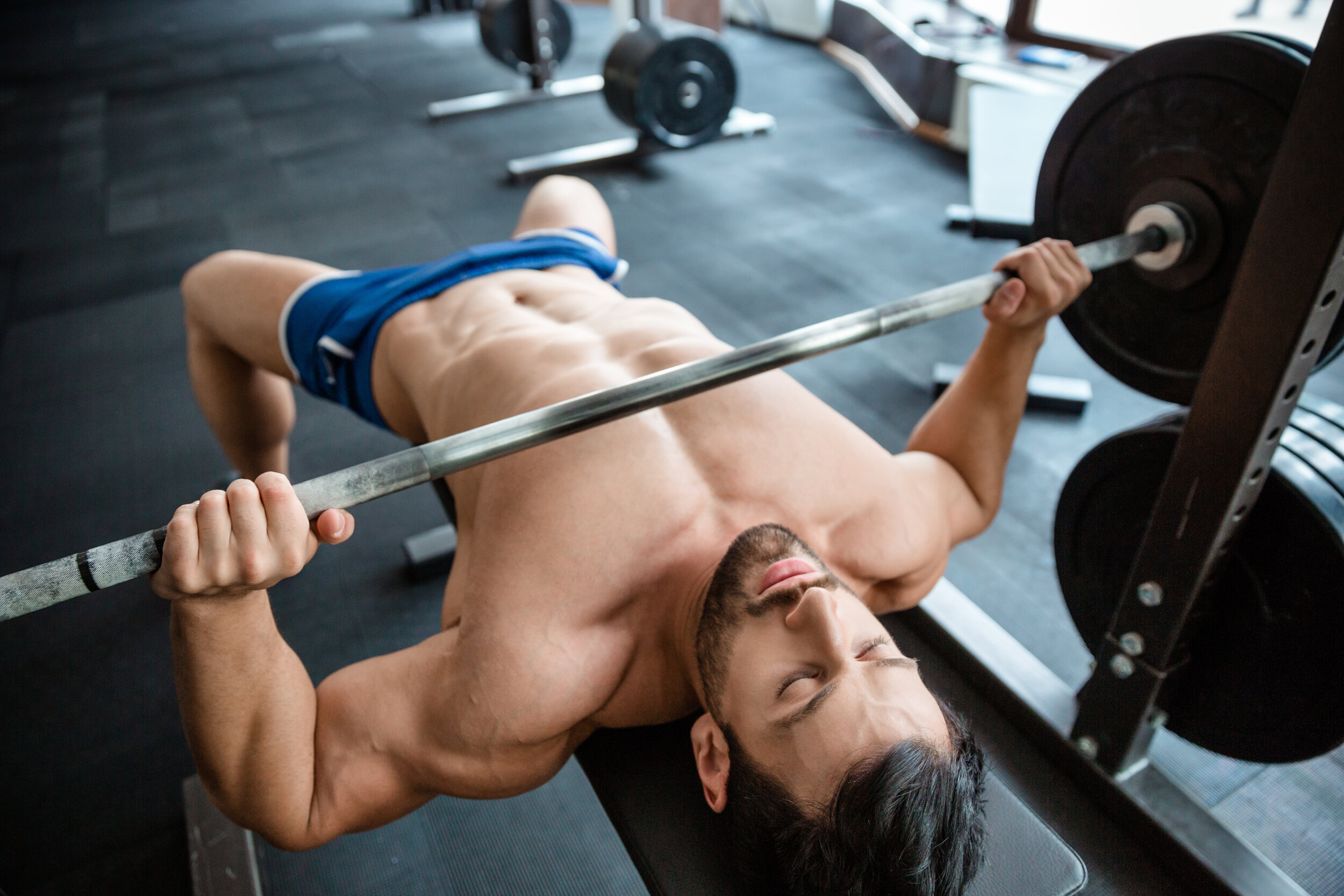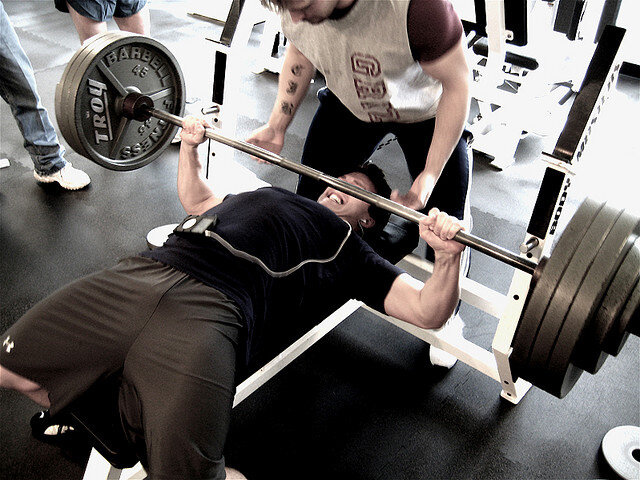

When The Leg Press Will Increase Your Squat, And When It Won’t
Training more muscle specific exercises (ex: leg press for the quads to help improve the squat) can have crossover effects with other lifts, but the more they have in common with the lift, the more effective they will be.

When Do We Physically Peak? (Peaking Part 2)
Olympic weightlifting is the main professional lifting competition, but Olympic athletes cannot be used to assess averages for lifters. The people who make it to the Olympics have genetic and social advantages that make them the best in the world.
The margin of winning at these high levels is so small that even the most dedicated and talented athletes may never make it to the Olympic Games and could quit trying to compete well before their physical peak.
Research in masters lifting has shown that most lifters were physically peaking between ages 30-35, and although their abilities do start decreasing, it’s at a much smaller and slower rate than people tend to expect.
Career peaking is a social construct and should not be used as the only way to measure expected performance and growth.

When Do We Physically Peak? (Physical Peaking Part 1)
Peaking in your career and peaking physically are usually going to be different, especially for weightlifters. While many professional athletes retire from competing in their 20s, it is not always because they have physically peaked. Social factors have a huge impact on both career peaks and physical peaks. High level athletes need time, money, and other resources in order to train at the level required to be competitive. A career usually comes to an end or doesn’t meet its full potential because of one or more of these resources is scarce or withheld from an individual.

Paused Reps In Your Training
Pauses in reps can be very useful for building muscle mass and practicing strict form, especially when doing higher reps or exercises where you tend to zone out or speed through. Pauses at the bottom of each rep helps keep you aware of your form as well as letting your muscles re-engage for the second part of the lift. Pause reps can be a great way to add more difficulty to your workouts, but it’s best to assess each lift to see if it will be beneficial.

How Fast Should You Lift?
It’s commonly believed that slower reps produce better results, though recent research strongly contradicts this old school wisdom. While high speed reps generally produce better results, there are still some caveats and nuances to understand. Understanding these nuances will help you understand when to apply purposefully fast reps, and when it may help to slow things down a bit.
